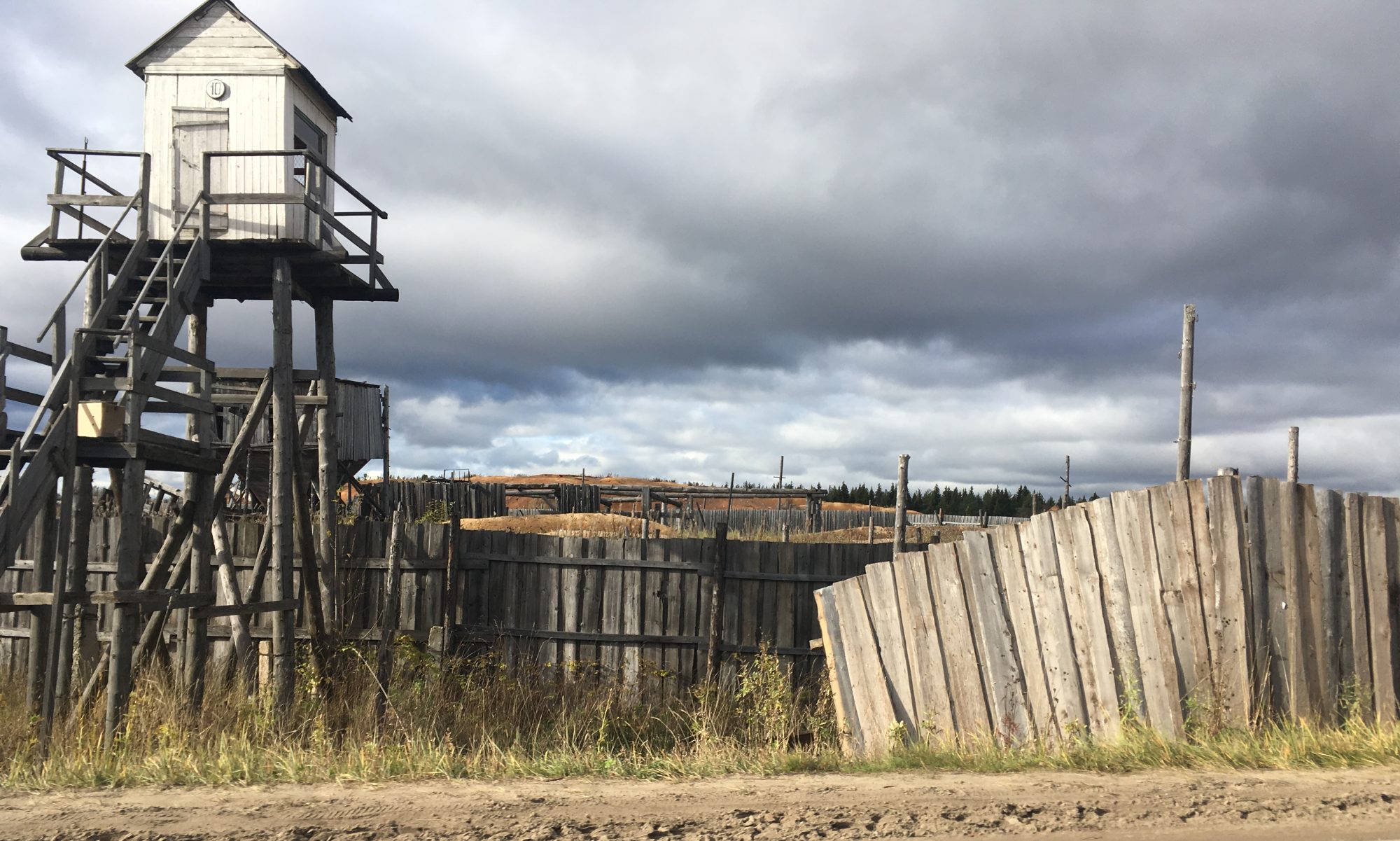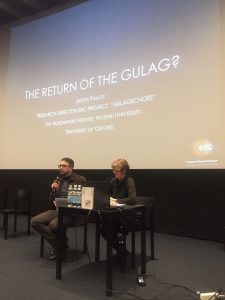A workshop supported by the ReNEW Excellence Hub and titled “Re-Imagining Norden in an Evolving World” was held on March 3-4, 2020 at the Copenhagen Business School. Dr Larisa Kangaspuro was invited. She gave the presentation “Multi-cultural prison in Nordic countries and Russia”.
The workshop used a historical lens to paint a comprehensive picture of the complex identity-making process of postglobal societies with the purpose of disclosing further theoretical, methodological, and empirical guidelines for further research. Presenters tried to analyse how (re)productions of identity are being mediated in post-globalisation narratives through discourses, memories, and places.
Participants discussed the following themes:
– multiculturalism and globalization
– democracy, governance and law

